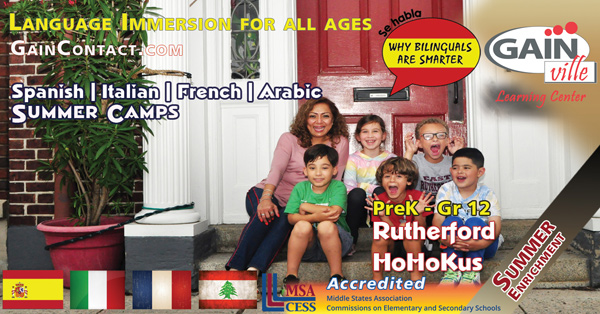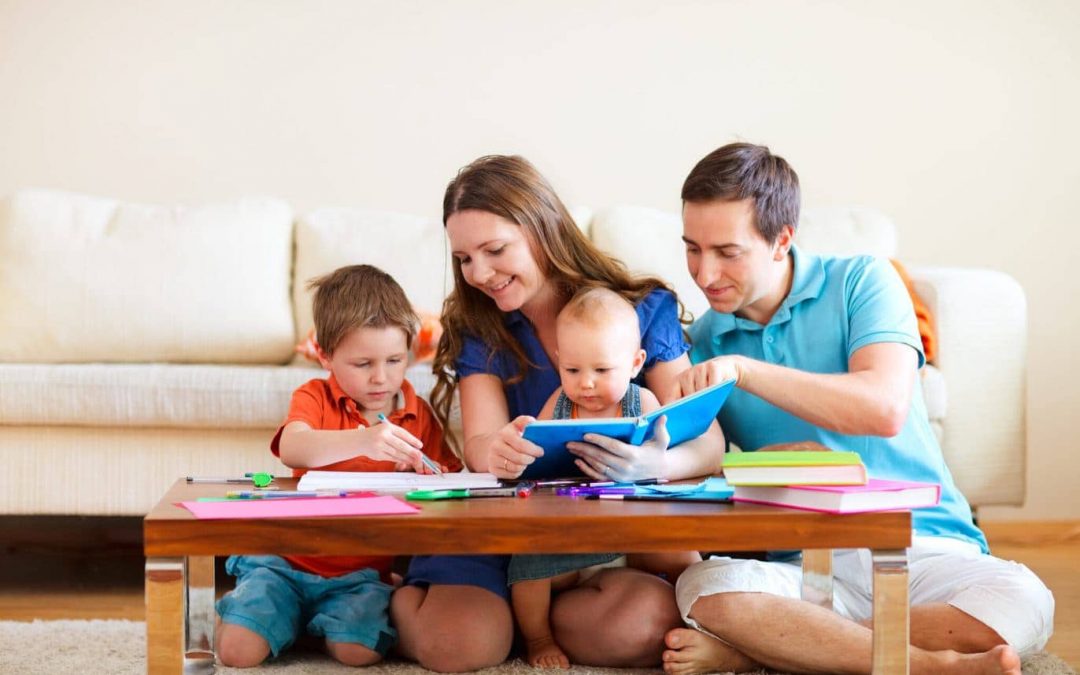As parents, you may often wonder how your beliefs and practices about language influence your parenting style. Specifically, you may be asking yourself to what extent does your own individual role and level of engagement contribute to fostering the development of language in your school age children. For starters, it has been established that parental engagement in children’s learning is one of the key drivers that shape a student’s educational experiences, academic achievement and well-being (Goodall 2017; Jeynes 2011; Warikoo et al. 2020). To be sure, parental engagement begins in the home and the family and includes academic socialization which spans the parent’s beliefs, expectations and actions related to their children’s education.
Immigrant families are the fastest growing (UNESCO 2019) and some of the key questions they face are related to language and identity. The term Plurilingualism offers a framework for understanding the practices in immigrant families when it comes to choosing the language of instruction. Heritage language maintenance is also included in this framework and is dependent on to what extent parents value family culture and traditions, intergenerational communication and its impact on developing bilingualism in their kids. Parents who maintain the family heritage often speak the first language at home, read books with children, access ethnic community resources, host grandparents in the US and visit their home countries. By doing so, it can be argued that these immigrant parents foster the plurilingual reserve of their children by moving consistently between English at work and the heritage language at home.
Recent studies reveal more plurilingual and fluid practices at home. These are increasingly moving toward the two-parents – two languages approach where both parents engage in speaking both languages depending on the situation. The support of literacy activities has been cited as one of the most challenging areas for immigrant families given a lack of resources in heritage languages, and the command of the majority language especially in schools. To overcome these challenges, parents are seeking out resources to ensure their children can read and write in their heritage language by buying books as well as sending them for supplementary instruction.
Families who come from linguistically diverse backgrounds are adding language planning to the ever-increasing list of parental concerns about their children’s social and academic success. In so doing, these families are adopting plurilingual or bilingual parenting which encompass the parental language practices that are intended to advance the buildout of two or more languages among children in the family. Such bilingual parenting has a goal of ensuring children acquire native-like proficiency in two languages along the four skills of reading, writing, listening and speaking. It can be said then that bilingual parenting takes into account parental beliefs about the continuously evolving language practices, flexible family policies and attitudes towards their families’ build out of language skills, and the connectivity between language and culture for shaping the identities of immigrant families.
As an accredited learning services provider PreK-PS, Gain Ville Learning Center provides language programs that weave a range of language literacy activities and authentic cultural reference texts utilizing multimedia teaching modalities spanning music, video, and pictures to create a curiosity and love for learning the chosen language.
About Gain Ville Learning Center

Gain Ville opened its first location in Rutherford, NJ in October 2008 and a subsequent satellite location in Ridgewood during October 2019. July 2022 marks another milestone for Gain Ville as we moved our Ridgewood location to downtown Ho-Ho-Kus.
Gain Ville is accredited as a supplementary education organization PreK-PS by the Middle States Association, Commission on Elementary & Secondary Schools.
Gain Ville offers Spanish, Italian, French and Arabic language immersion camps for children PreK to Grade , as well as year round language classes and training programs for youth, adults and organizations.


Recent Comments